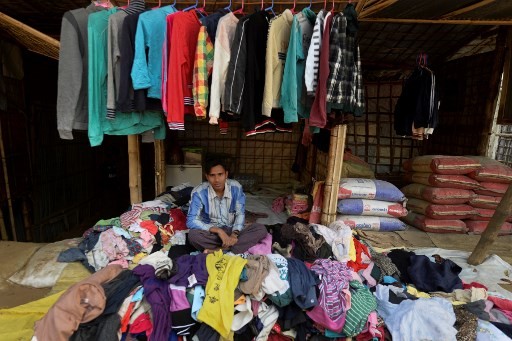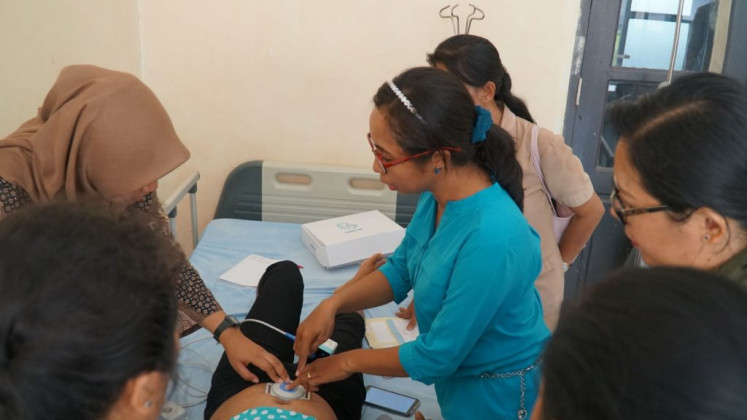Popular Reads
Top Results
Can't find what you're looking for?
View all search resultsPopular Reads
Top Results
Can't find what you're looking for?
View all search resultsRules of engagement
The handling of the humanitarian crisis in Myanmar’s Rakhine state has been a powerful example of how ASEAN centrality can both be viewed glass half full and half empty.
Change text size
Gift Premium Articles
to Anyone
F
or many of its detractors, ASEAN will always be this cumbersome piece of machinery that seems unable to act swiftly or efficiently with regard to its increasingly complex challenges.
For others, who wish to abide by the rules of engagement and not overstep the sovereign rights and dignity of other countries, the ASEAN model provides hope for finding win-win solutions among nations not necessarily blessed with the resources and clout that others might have.
The handling of the humanitarian crisis in Myanmar’s Rakhine state has been a powerful example of how ASEAN centrality can both be viewed glass half full and half empty.
Observers and activists have criticized ASEAN for its slow response to the refugee crisis, which has dragged on since August 2017 when over 700,000 Rohingya Muslims fled to Bangladesh after the Myanmar military launched a heavy-handed crackdown in Rakhine.
Muslim countries have also grown impatient of Buddhist-majority Myanmar, leading to an Organization of Islamic Cooperation-led push for accountability at the International Court of Justice earlier this month, adding an unnecessary religious element to the complex horizontal conflict.
Other efforts to “internationalize” the Rakhine conflict have been met with an uncooperative government in Naypyidaw, further complicating efforts to deliver humanitarian assistance to millions of displaced people, regardless of ethnic or religious background.
At the same time, longtime ASEAN observers would commend the organization for stepping out of decades of political indifference, following the establishment of an ad hoc task force of the ASEAN Secretariat last month to facilitate the voluntary, safe and dignified repatriation of refugees in Bangladesh.
The bloc has tried twice to push forward the repatriation effort but was foiled both times by the lack of voluntary Rohingya repatriates, who still fear persecution and neglect by the state. But now ASEAN’s ad hoc team is expected to lead efforts that ensure progress is made without cutting corners.
An Rp 7.5 billion (US$537,083) grant to Myanmar announced by Indonesia on Monday would be funneled by its Indo-AID organization through the ASEAN Secretariat for the sole purpose of empowering the ad hoc team, which will build trust and ensure the refugees' needs are met, based on the recommendations of an advisory commission led by the late Kofi Annan.
Its formation is regarded by some as a creative solution meant to circumvent the principle of noninterference, which prevents ASEAN from taking firm action to chastise one of its own members.
The absence of “megaphone diplomacy” among ASEAN member states is proving — with very few exceptions — to be an investment worth making, as Myanmar finally lets its neighbors collectively take action on an issue it had initially guarded closely from foreign intervention.
Now it is up to countries like Indonesia to ensure Naypyidaw sees the glass half full, while ensuring refugees’ well-being remains the focus and those responsible for their plight aren’t let off the hook so easily.










